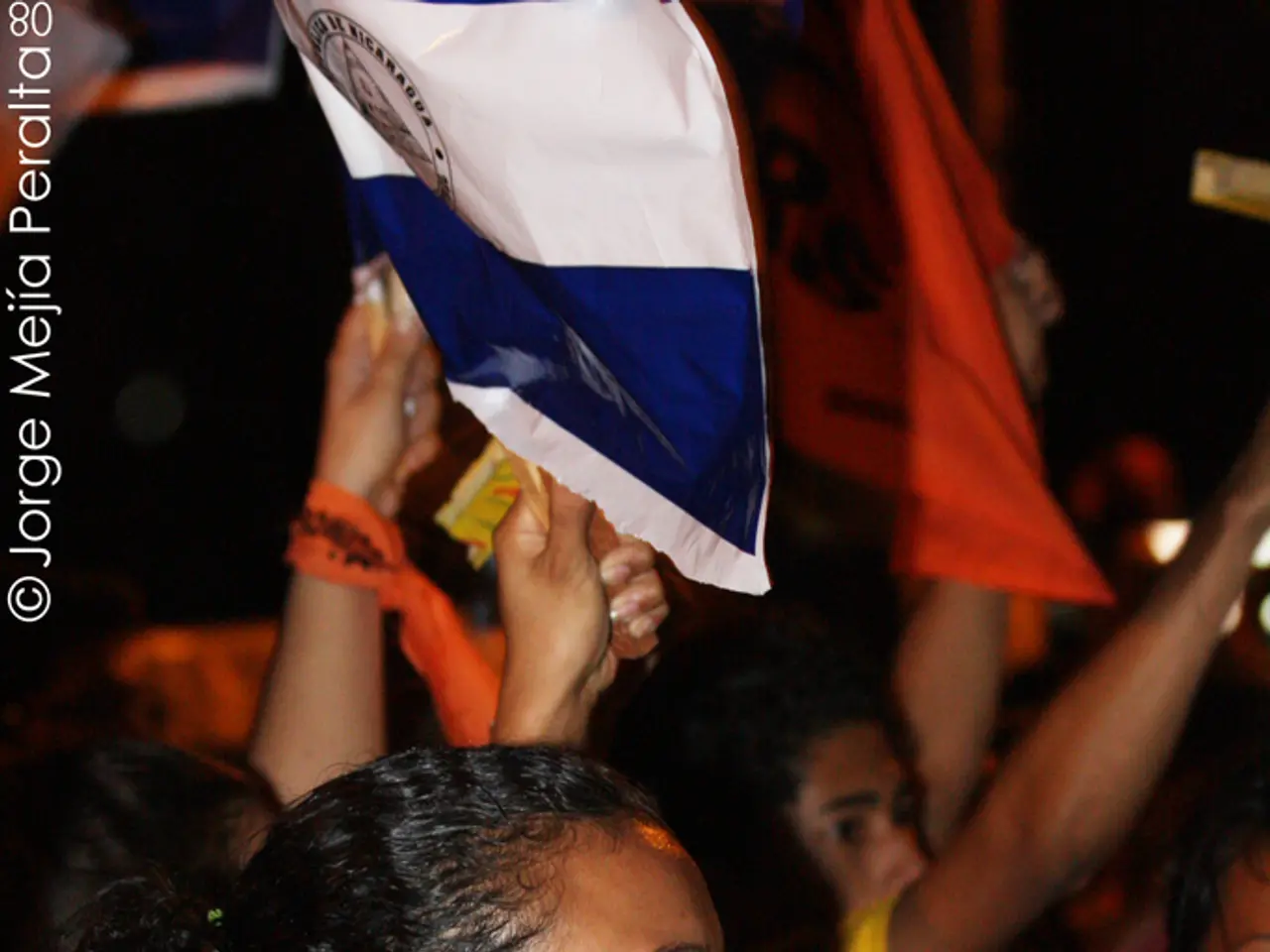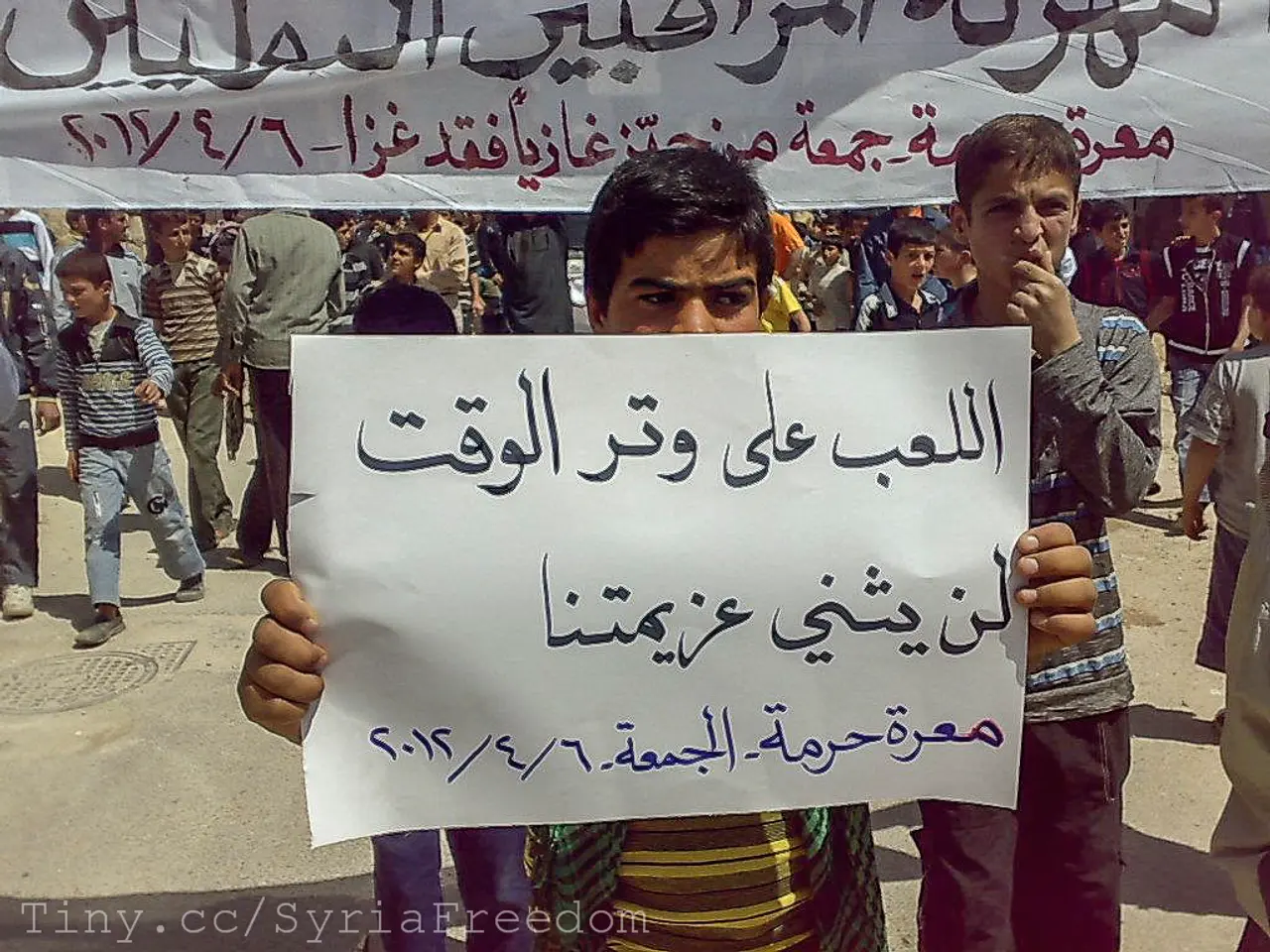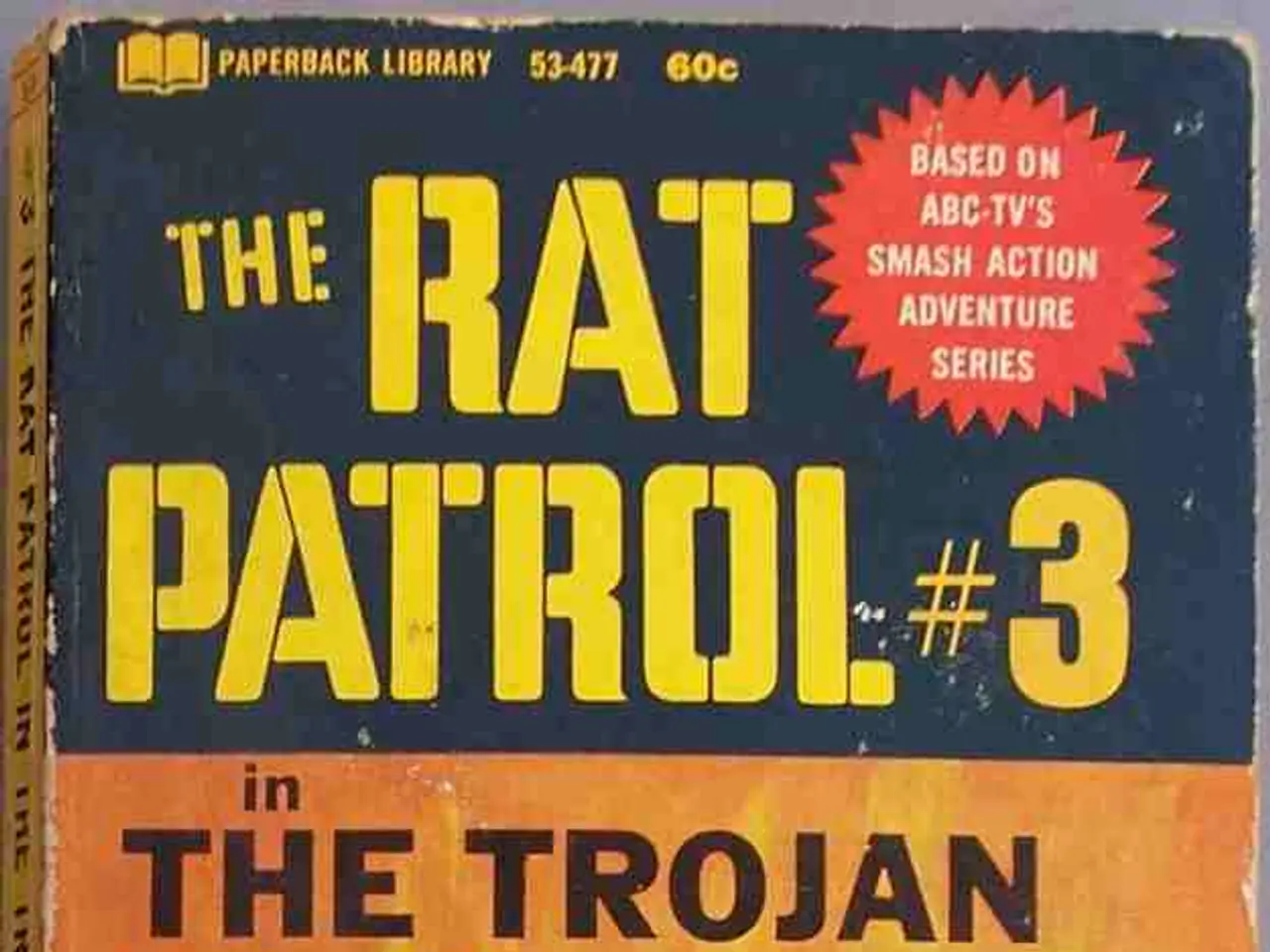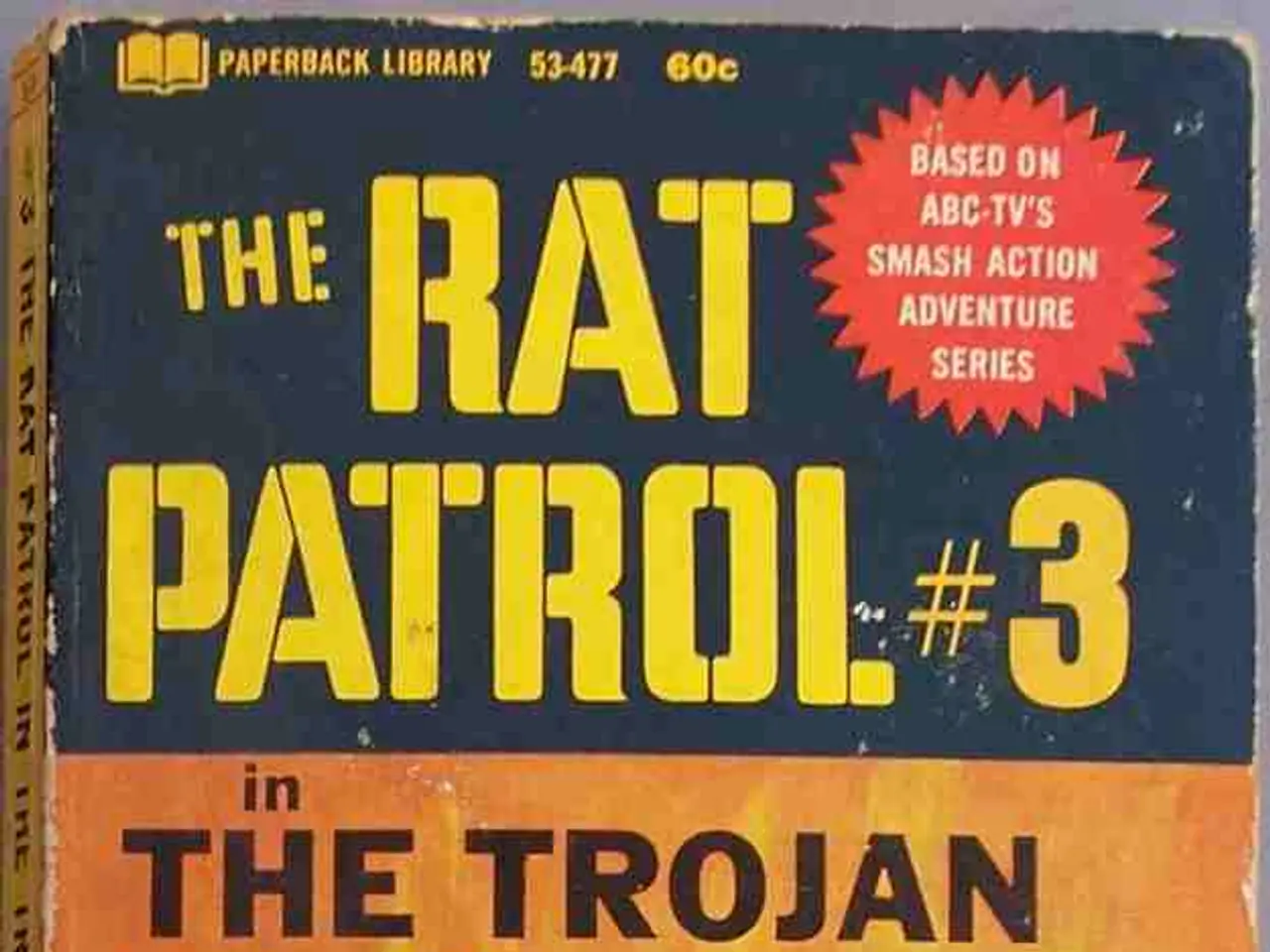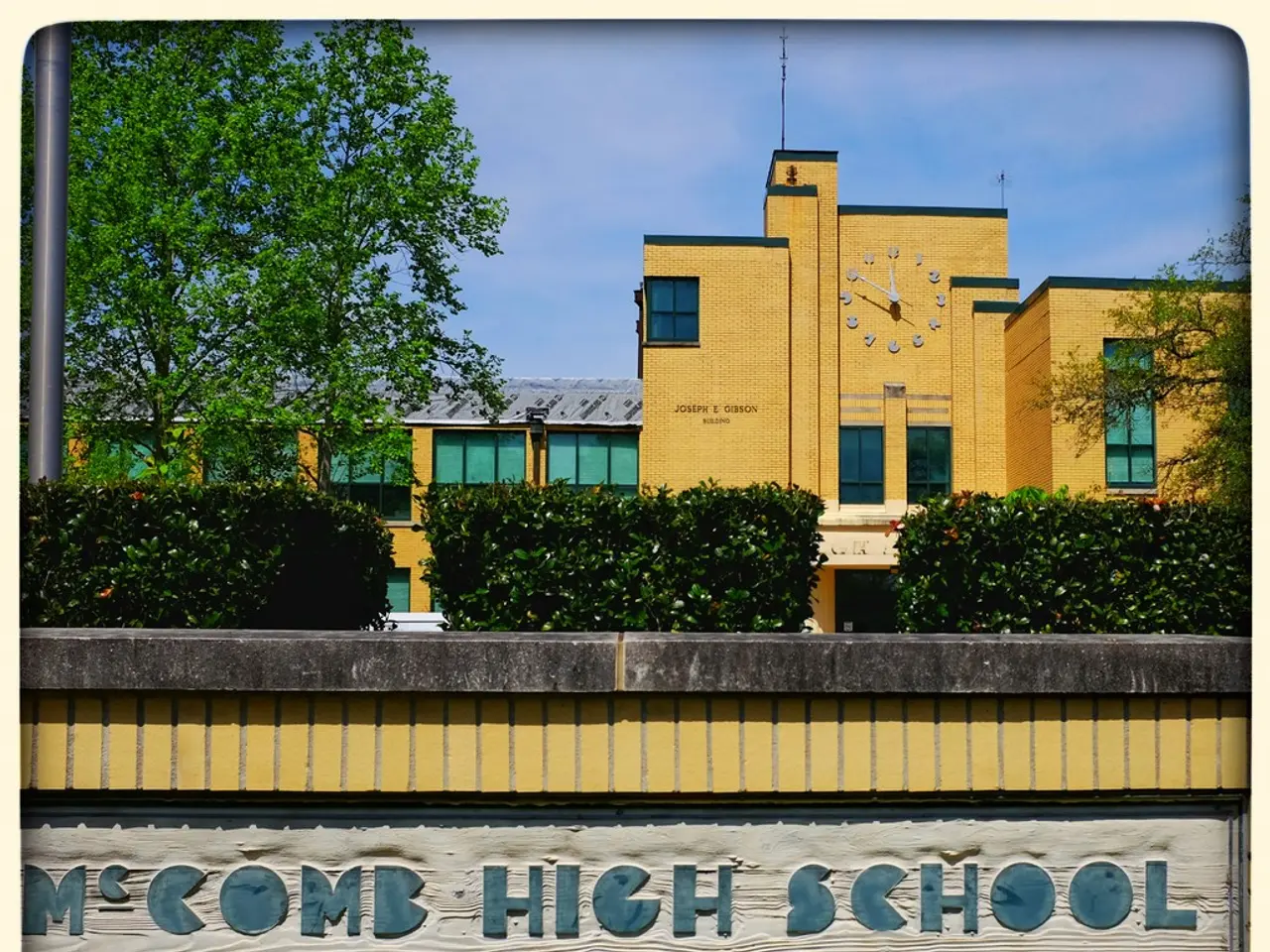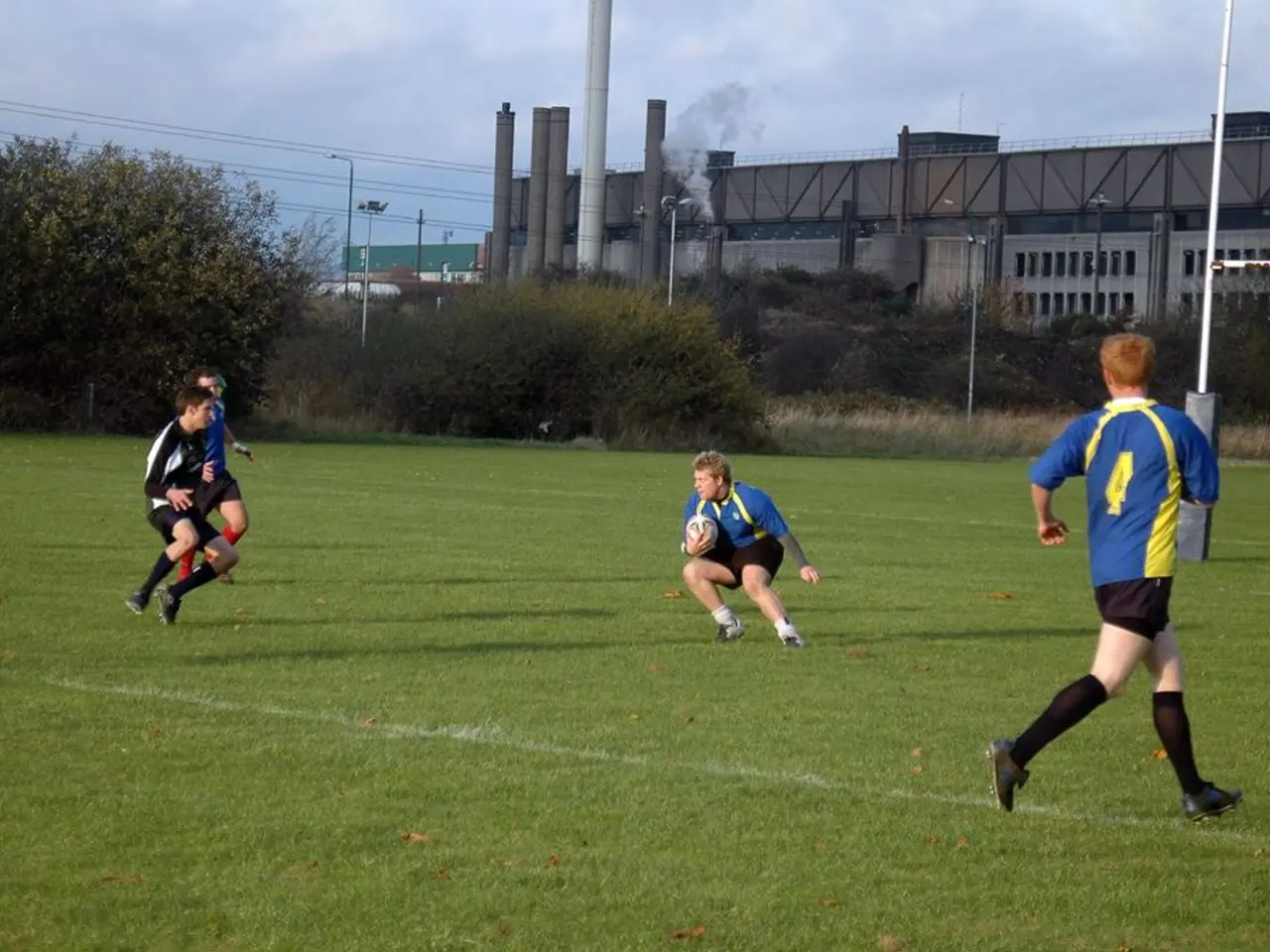Stand Together, Defend Democracy: A President'sAppeal
Urge for collective action to safeguard the nation's interests expressed by Lai.
By Chen Yun and Jake Chung / Staff Reporter & Staff Writer
In a heartfelt address at Taoyuan's Hakka Youth Association, President William Lai (賴清德) pleaded for unity among political parties in Taiwan. The talk, part of a series of ten, aimed to encourage cooperation in defending democracy, protecting Taiwan, and resisting the looming threat of the Chinese Communist Party (CCP).
Citing Taiwanese democracy pioneer Chiang Wei-shui's (蔣渭水) slogan that unity breeds strength, Lai proposed a call to action for political parties to find common ground in the face of disagreements, for the greater good of the nation.
Emphasizing the importance of democratic values, Lai emphasized that all political parties should work together, regardless of their differing views on national identity, to safeguard democracy and Taiwan. He underscored that despite ethnicity or origins, when the nation is under threat, unity is the key.
Harking back to the 1949 Battle of Guningtou (古寧頭戰役) and the 1958 823 Artillery Battle (八 二 三砲戰), Lai highlighted that China's ambitions for Taiwan are based on expansionism, not on the beliefs or stances of individuals or political parties.
Referencing the DPP's resolutions, such as the "Resolution on Taiwan's Future" (1999), "Resolution on Ethnic Diversity and National Unity" (2004), and the 2019 Development of National Languages Act, Lai advocated for mutual recognition of Taiwan and the ROC, emphasizing that the choice of national identification belongs to the people.
Reaffirming former President Tsai Ing-wen's (蔡英文) "four commitments," which emphasize Taiwan's allegiance to democracy, self-rule, and national sovereignty, Lai urged political parties to uphold their responsibilities towards the public and to prioritize solidarity and the defense of Taiwan.
The president's first talk centered on defining "Taiwanese identity" and establishing a worthy objective to be protected, while the second stressed the importance of national unity to jointly protect a democratic Taiwan. Lai's recent overtures, including an invitation to opposition party leaders to participate in national security briefings, are seen as a peace offering aimed at fostering collaboration against Chinese aggression.
However, Taiwan's political landscape remains fractured. While the call for unity resonates, the main opposition parties, such as the Kuomintang (KMT) and the Taiwan People's Party (TPP), have focused on reshaping the national budget and opposing some initiatives of the ruling Democratic Progressive Party (DPP). Legislative gridlock and executive-judicial paralysis persist, which could compromise Taiwan's ability to respond effectively to the CCP's pressure.
The outcome of upcoming recall elections and the ability to pass defense-related legislation will significantly influence Taiwan’s capacity to unify its defense efforts against increasing CCP threats. While the government and President Lai advocate for cross-party collaboration to strengthen Taiwan's democracy and defense, the reality remains complex, driven by intense political rivalry and legislative obstructionism.
- The president's call for political parties to find common ground in the face of disagreements, as part of the defense of democracy and Taiwan, is a significant policy-and-legislation issue related to war-and-conflicts and politics.
- The general-news headlines are filled with reports on the fractured political landscape in Taiwan, where the main opposition parties are focusing on reshaping the national budget and opposing some initiatives, while the president advocates for cross-party collaboration to strengthen democracy and defense against increasing Chinese Communist Party threats.
